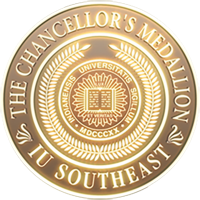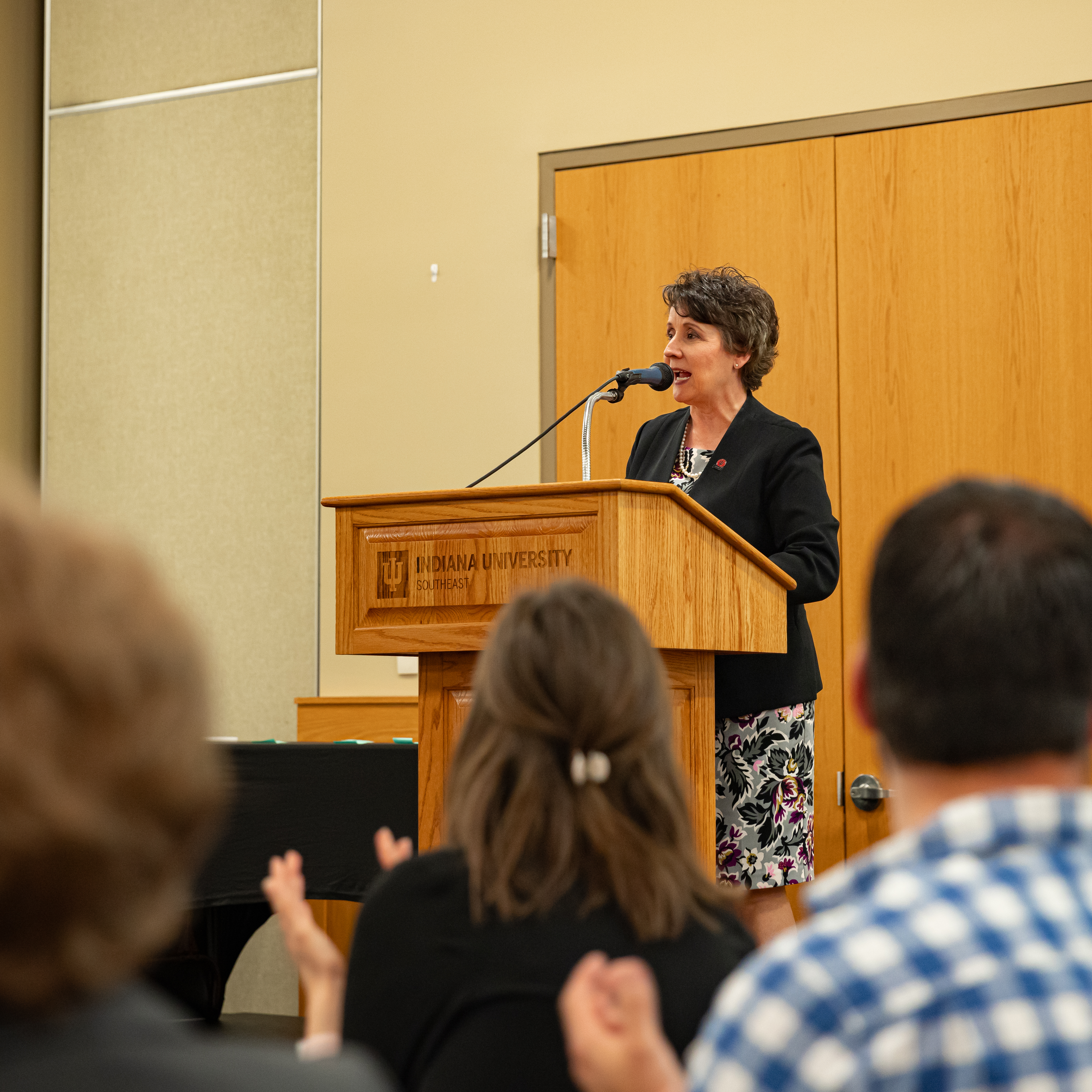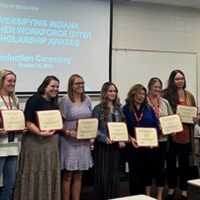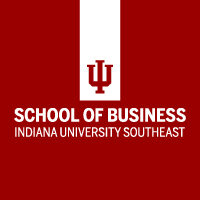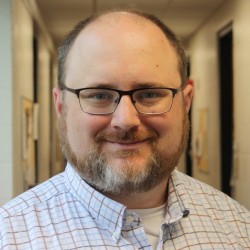
Biography
Gregory T. Kordsmeier, PhD, is the Director of the Institute of Learning and Teaching Excellence and an Associate Professor of Sociology at Indiana University Southeast (IUS). He is the recipient of multiple teaching awards, including the 2022 Scholarly Contributions to Teaching and Learning award and the Carla B. Howery Award for Developing Teacher-Scholars from the American Sociological Association, the John F. Schnabel Distinguished Contributions to Teaching Award from the North Central Sociological Association, and the Trustees Teaching Award from IUS. His research in the scholarship of teaching and learning (SoTL) includes research into best practices for incorporating podcasts in the classroom. He has also explored interventions to better engage the cultural capital of first-generation college students and increase their success and retention. His previous non-SoTL research focused on social interaction in culture industries. In particular, he has studied the social psychological and microsociological forces that affect work processes in arts organizations, and the effects these have on artists and the art that they make.
Academic Background
-
Doctorate
- University of Wisconsin, Madison, WI, USA
- PhD in Sociology
Professional Interests
Teaching
I serve as the teaching section chair for the North Central Sociological Association. My teaching interests include Social Psychology, Theory, Sociology of Medicine, Sociology of Art, and Research Methods.
Research
My research in the scholarship of teaching and learning (SoTL) includes research into best practices for incorporating podcasts in the classroom. I have also explored interventions to better engage the cultural capital of first-generation college students and increase their success and retention. My previous research focuses on social interaction in culture industries. I utilize qualitative methods in that research, focusing on in-depth interviewing, participant observation, and qualitative content analysis of documents. In particular, I am interested in understanding the social psychological and micro sociological forces that affect work processes in arts organizations, and the effects this has on artists and the art that they make.



